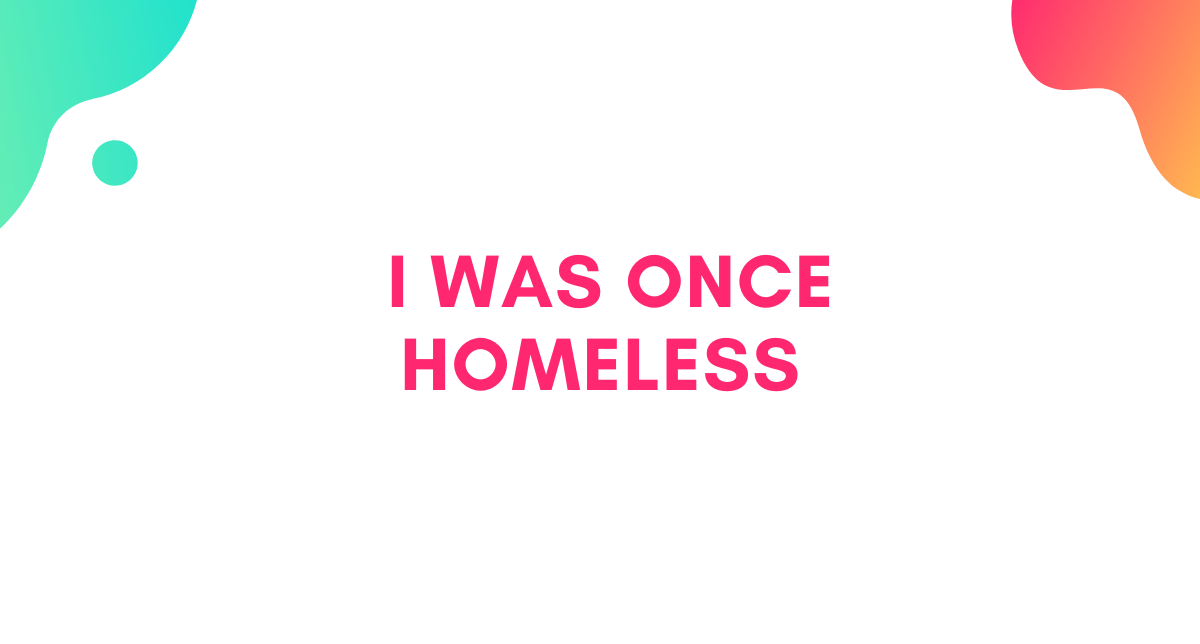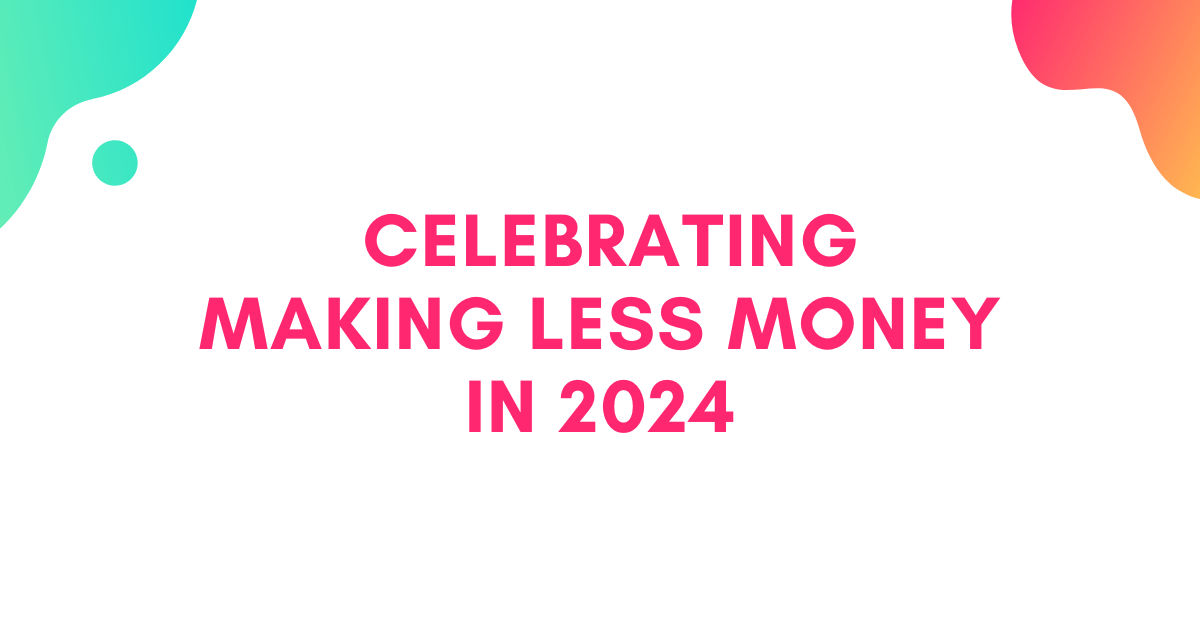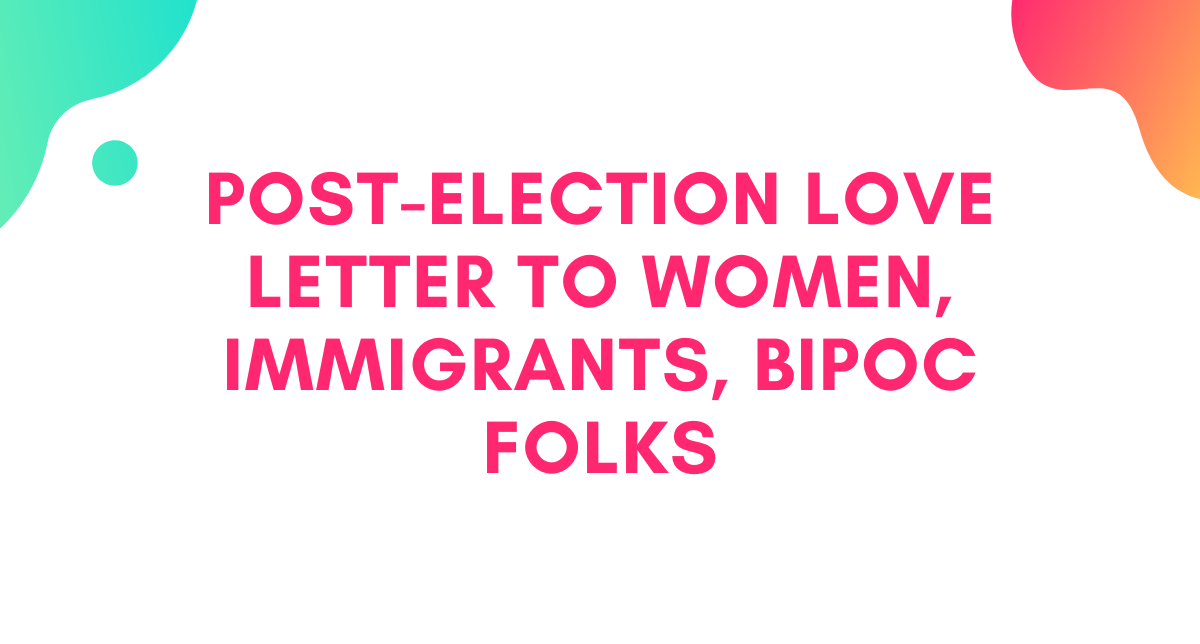I Was Once Homeless
Listen to me read this post on the podcast HERE.
I Was Once Homeless
When I was 16, I came home from a mission trip to an empty apartment. No family, no note—just a busted dresser with beads my parents used to make Puerto Rican flags for their gift shop in Jackson Heights, Queens.
It was 1998. No cell phone, no way to reach anyone. While I was singing praise songs and volunteering in Worcester, Massachusetts, my father had skipped town without paying rent. My mom and sisters were scattered to safety. I was dropped off at an empty home.
26 years later, I’m writing this from a marble desk in Hudson Yards. Long story short, I’m more than okay. But back then, I didn’t know how we’d make it.
How We Got There
My father, an immigrant from South Korea, worked himself to the bone running a gift shop with my mom. Seven days a week, 12-hour days, trying to make it in America. Stress broke his health. Kidney failure meant commuting for hemodialysis. The gift shop failed, and so did my parents' marriage.
In my teenage grief, I blamed my dad for everything—our eviction, my loneliness, his absence. I stopped speaking to him, punishing him with silence.
The Stories We Tell Ourselves
For years, I told myself my father was selfish, weak, and had abandoned us.
Then, in 2017, I attended a Byron Katie workshop. Her method, The Work, uses four questions to dismantle painful thoughts.
I got paired with another participant, a kind man whom I’ll call Alan, and he facilitated the Work with me.
I read my worksheet aloud: My dad abandoned us. He was selfish and weak. He didn’t care about his children.
Alan listened calmly and then asked the first question: Is it true?
Alongside the self-righteous anger rising in my chest was a seed of doubt. How could any story be true?
Alan leaned in with the second question: Can you absolutely know it’s true?
I paused. Could I absolutely know my father didn’t care, even a tiny bit? That he was nothing more than a concept I had of him? No, I couldn’t.
The third question hit me like flood lights: How do you react when you believe that thought?
I told him. I became small, bitter, and judgmental. I cling to resentment like a lifeboat, but it drowns me. Again and again.
I see my dad as a one-dimensional failure instead of a complex, hurting human being.
Then came the fourth question: Who would you be without that thought?
Without that thought, I’d be free. I’d have peace. I’d be compassionate.
I’d see the man who worked himself beyond exhaustion for his family, who carried a broken heart, health challenges, a man who didn’t know how to ask for help.
Without that thought, I’d let myself connect to the unending well of love I have for my father -- whether he was in my life or not.
Finally Alan invited me to turn my sentence around. “My dad abandoned us,” became, “I abandoned my dad.”
As the turnaround sank in, I trembled. Something broke open in my chest, as if something hard that had calcified over the years melted inside me, and I began to sob.
I saw the story I had clung to for most of my life wasn’t true -- it was just a painful story.
The realization didn’t erase the past, but it permanently altered how I relate to myself, my father, and the world around me.
It made room for forgiveness -- of him and of myself.
I stopped being the victim of my own story.
I saw my father as a man who loved imperfectly, struggled deeply, and made choices a sixteen-year old couldn’t understand.
Reunited with Dad
Shortly after, I reconnected with my father. I got to sit with him, care for him, and visit him in the hospital before he passed in 2020. It remains one of my life’s greatest gifts.
What I Learned From Being (Briefly) Homeless
Now, I see that summer of '98 differently:
Boundless resourcefulness
Grace
The alchemy of turning setbacks into stories of resilience and reinvention
The Takeaway
So…
If your 2024 has been anything like my 1998,
If it's been rough,
If you're feeling disappointed,
Or if you're calling yourself a failure for any reason whatsoever...
Please know you're infinitely more than the story you tell yourself.
You are something entirely different.
Something far more vast and mysterious and profound.
With love,
Jamie



![[CLIENT INTERVIEW] Charlotte's Story: How to Reclaim Confidence After Burnout](https://images.squarespace-cdn.com/content/v1/5ab420f6af2096d66f37cbec/1627571957857-FHZCLLHHKP6JZUX1GLOU/Copy+of+Blog+Image+Title-2.png)

